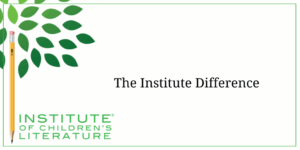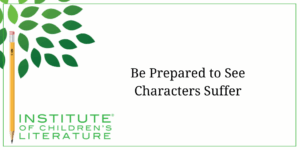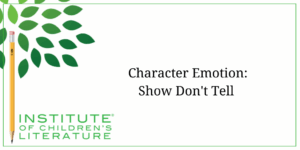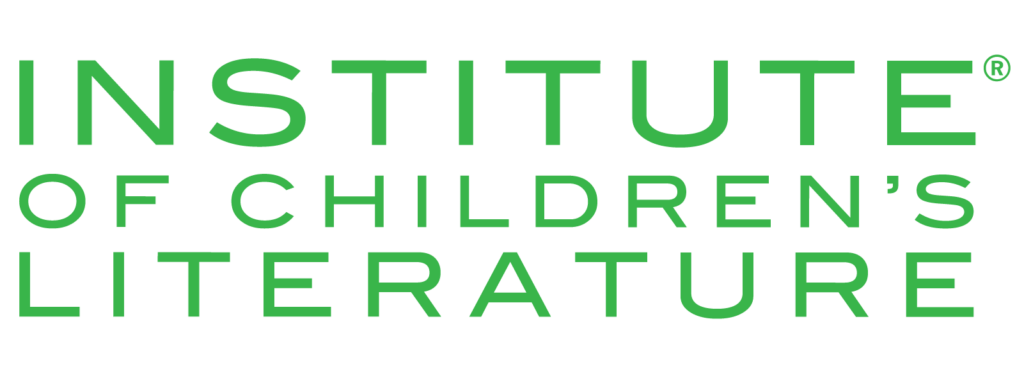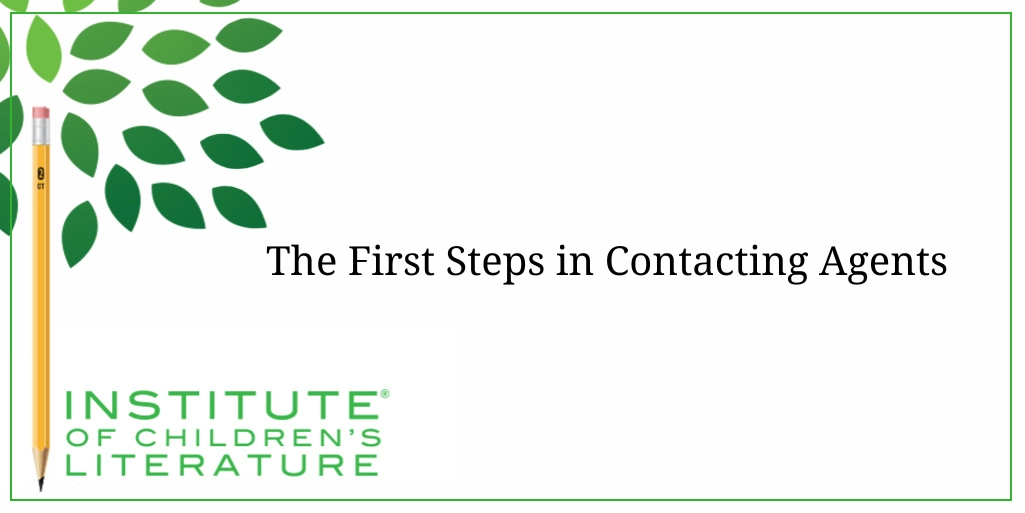
- Date: October 17, 2024
- Author: Jan Fields
- Category: Writing for Children Blog
- agents, finding an agent, Market Guides, Proposal, Submissions
We teach our students how to write and get published!
View our Course Catalog >
The First Steps in Contacting Agents
Let's suppose you've written a book, and you'd like to get an agent. You want access to the kinds of publishers you simply cannot reach without an agent. Plus, you want the contract skills that agents tend to bring to the table.
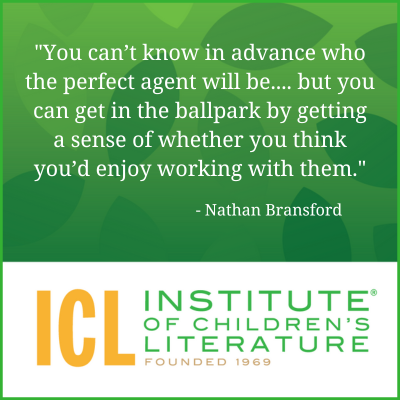 You're comfortable knowing that part of what you make will go to the agent (since that is how agents are paid. You do not cut checks for your agent. Not if you have a good, reputable one.) Maybe you're not quite done writing, but you want to make your list of possible agents now, so that once your book is done and well-polished, you'll be ready to send out your queries.
You're comfortable knowing that part of what you make will go to the agent (since that is how agents are paid. You do not cut checks for your agent. Not if you have a good, reputable one.) Maybe you're not quite done writing, but you want to make your list of possible agents now, so that once your book is done and well-polished, you'll be ready to send out your queries.
In that case, you have some work to do. Getting an agent can be tricky. It's important to think about your plan before you throw yourself in the agent waters. Because you don't just want an agent.
You want a good agent. You want a professional, skilled agent. And you want an agent whose style will be a good fit with you, your personality, and your goals.
Let's Get Started
Before you ever begin a search for a literary agent, you need to look at yourself and your work. Many new writers approach agents and publishers with contact letters that say something like this: “I have written a children's book and am looking for representation.” If you want to have an agent, you need first to know what you want an agent for. The term “children's book” in this context is virtually meaningless. It doesn't tell the agent anything. Well, I suppose it tells the agent you aren't writing for adults. And the agent may guess you aren't writing for young adults (though that one is less certain), but it doesn't really tell the agent what you have written.
 So what have you written? Is it fiction? Nonfiction? Is it sort of a blurred mix of the two, something we generally call “informational fiction?” This is the very most fundamental question, and many writers fail to mention it at all. Partly that's because writers don't even consider nonfiction as an option. Still, it is an option, so if you are strictly a fiction writer, you'll probably want to mention that.
So what have you written? Is it fiction? Nonfiction? Is it sort of a blurred mix of the two, something we generally call “informational fiction?” This is the very most fundamental question, and many writers fail to mention it at all. Partly that's because writers don't even consider nonfiction as an option. Still, it is an option, so if you are strictly a fiction writer, you'll probably want to mention that.
What format is it? Is it a board book manuscript for babies and young toddlers? Is it a picture book? If it's a picture book, is it for preschoolers? Does it target a specific age group? (Books about the first day at kindergarten, for example, targets kids going into kindergarten). Is it 500 words or less? Shorter picture books are easier to sell than longer ones. Does it have universal appeal while still being unique? (You know because you've studied the breadth of recent picture books, right?) Agents tend to only represent high-concept picture books that will appeal to lots of buyers. Niche picture books are normally sold directly to publishers by the authors.
If your book is longer than a picture book, what is it? Is it an early chapter book with each chapter acting as a stand-alone story? Does the reading level match the target age? Is the target age early elementary? If it's older and the story is continuous through the chapters, then is it a chapter book or a middle-grade novel? Or is it older still, for teens, and it's a young adult novel? Or it may be a nonfiction book for teens (probably some sort of self-help) or for middle grade readers. You need to be able to state the format in the query letter. That means you need to know what you've written.
 Knowing what you've written in fiction includes the genre. Contemporary stories are popular right now. These are realistic stories set in the present or very recent past. Horror is also popular right now. Mysteries are less so. And fantasy isn't as hot as it once was, though it may simply be simmering in the background waiting for the right book to set it on fire again.
Knowing what you've written in fiction includes the genre. Contemporary stories are popular right now. These are realistic stories set in the present or very recent past. Horror is also popular right now. Mysteries are less so. And fantasy isn't as hot as it once was, though it may simply be simmering in the background waiting for the right book to set it on fire again.
Whatever genre you've written, you need to know what it is. Your book needs a genre because the publisher’s marketing department needs to know how to promote the book and who to promote it to. What you don't know, can definitely hurt you when it comes to identifying your book. Thus, before you take the first step in seeking out an agent, know what it is that you've written.
Discovering Literary Agents
You can find an abundance of information about agents online. Some spots are well known such as Agentquery.com, Querytracker.net, and the Association of Author's Representatives. This last one, the AAR, has a code of ethics that makes membership a kind of stamp of safety. The literary agencies listed in The ICL Book Markets Guide for Children’s Writers looking for new writing clients are also updated each year.
Some blogs regularly post lists of agents who are actively seeking writers, such as the Published to Death blog and the Literary Rambles blog. From these sites, it won't take long to begin making a list of agents who might be a fit for what you write. Don't simply take note of each agent's name. You want to make notes on everything you can find out. The list itself is a very early step. Before you make contact, you need to know lots of things about these agents.
The most important thing you'll need to know before making contact is whether the agent you're considering has the skills and contacts to be a successful agent. If they aren't going to be able to sell your book, then they aren't someone you want to waste time on. But how can you know?
First Question
The first thing you want to know about each person is their background. Many agents are part of a big agency, and thus they have the contacts available to big agencies.
 Agents make sales based on their contacts. I have written a lot of books and they've been published. As a result, simply by being active in publishing, I know a few publishers. But I'd be a terrible agent. The number of acquiring editors who have any reason to trust my instincts are few—really few. And without that, even the best intentions in the world couldn't make me a good agent.
Agents make sales based on their contacts. I have written a lot of books and they've been published. As a result, simply by being active in publishing, I know a few publishers. But I'd be a terrible agent. The number of acquiring editors who have any reason to trust my instincts are few—really few. And without that, even the best intentions in the world couldn't make me a good agent.
But in a big literary agency, one that is well established and has sold a lot of books, agents will have access to an ever-growing contact list. Plus, they'll have a reputation behind them. These things make agents connected with a well-respected agency a safer bet when seeking an agent, but (unfortunately) these agents are harder to get because they're so well connected.
Sometimes you can connect with an agent who used to be at a big agency, but who decided to go out on their own. This person may have been an associate agent at a big agency. While at the big agency, they made sales and built contacts. Plus, they built name recognition in the industry. Then when they hang out their own shingle, they have the connections they need to make sales.
These agents can be a great option because they have openings, and they want to get books sold to help solidify their reputation as a solo agent. That means they'll give your manuscript focus, time, and energy.
Sometimes you can connect with an agent who used to be an acquiring editor at a publisher (or several publishers since editors often move from publisher to publisher, and they make contacts each time.) Agents who enter the business this way tend to have slightly fewer contacts than an agent who enters from having been with a big literary agency.
But often the agents who were once acquiring editors have name recognition (especially if they held fairly high editorial positions) and they definitely understand the business. They can be really helpful with advice to help steer your career. And, like agents who have recently left big agencies, they are often eager to take on writers and get books sold.
Be Careful, Be Smart
Not everyone claiming to be a literary agent really sells books. And sometimes scammy or simply poor agents can end up on agent lists. Also, if you are posting about your agent search, agents can “pop up” and make offers. This is especially true if you're a writer who has self-published anything. Many fake publishers and fake agents seek out newly self-published writers and offer all sorts of things for a fee.
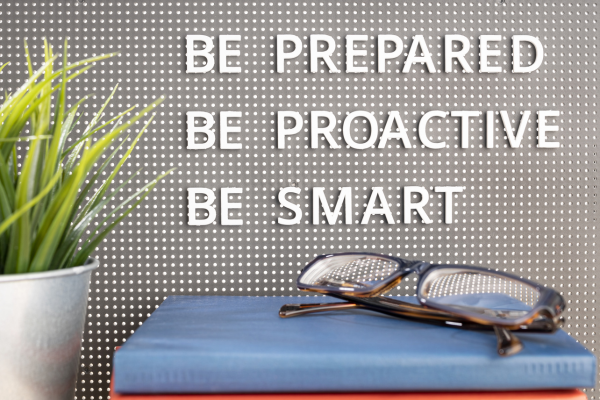 The fee is a clue. These fees can be disguised as covering some sort of cost or membership or even requiring you to buy books of some sort in order to be represented. The literary agent you want is the one who charges a commission (which is money that comes out of what a publisher pays you) not any kind of fee. Until you're getting money from a publisher, the agent won't get paid. This makes them eager to get you published and published well. Obviously, paying an agent directly doesn't make the need to sell your book quite as intense. Don't do anything to undermine your agent's motivation to do the work.
The fee is a clue. These fees can be disguised as covering some sort of cost or membership or even requiring you to buy books of some sort in order to be represented. The literary agent you want is the one who charges a commission (which is money that comes out of what a publisher pays you) not any kind of fee. Until you're getting money from a publisher, the agent won't get paid. This makes them eager to get you published and published well. Obviously, paying an agent directly doesn't make the need to sell your book quite as intense. Don't do anything to undermine your agent's motivation to do the work.
Also, these fake agents sometimes come to you. Real agents don't come looking for you. They have enough trouble making time to read the queries and submissions they receive. They don't need to solicit writers who are posting about their agent search or who have self-published a book. If you're contacted out of the blue, you want to say no. Even if they offer you the moon (maybe especially if they offer you the moon). Even if they say they already know a publisher who will definitely want the book. Big promises are big red flags.
So, if someone approaches you, it's fairly safe to believe the worst until proven otherwise. Certainly, don't accept any offers until you research this person thoroughly. That means you look for their website and judge how professional it is. Typos are a huge red flag as is poor writing in general. And speaking of general, if the site is full of vague language (especially when it comes to their experience, the people they represent, and the deals they've made) that's another red flag.
Still, some scam agents now actually list real writers and books among their “clients” and deals. And they're lying. It is worthwhile to search for any writers listed on the site, along with their books. You may turn up a notice of when the deal was made to sell the book (Publisher's Weekly, for example posts these in their Bookshelf newsletter) and that will tell who actually represents that writer.
Wrap Up
The first steps in your agent search will start with you and what you have written. You can start the research before your book is done. In fact, early research and list building may help you not to rush the process in the excitement of a finished book that feels ready to go. Take your time and build your list of agents who interest you by checking out some of the resources I've suggested.
Then look deeper into the agents who interest you. Check out whether they're likely to have a solid contact list. And beware of anything that looks too good to be true. Do that and you'll end up with a solid list of potential agents who you can safely query. Follow their preferred method of contact to the letter and you'll have the best chance of a publishing partnership that works well for you and your writing.
Related Articles
With over 100 books in publication, Jan Fields writes both chapter books for children and mystery novels for adults. She’s also known for a variety of experiences teaching writing, from one session SCBWI events to lengthier Highlights Foundation workshops to these blog posts for the Institute of Children’s Literature. As a former ICL instructor, Jan enjoys equipping writers for success in whatever way she can.

